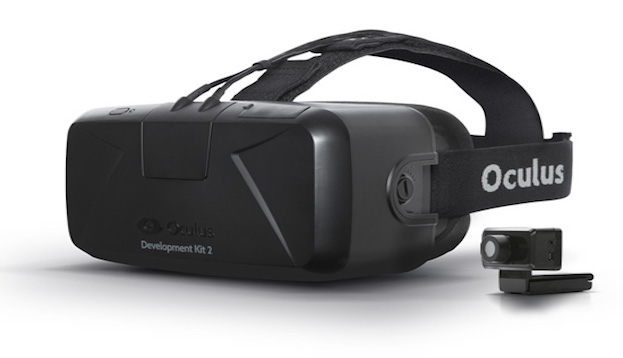Since its inception following a successful KickStarter campaign years ago, the Oculus Rift has been gaining some big buzz. Whether it was Oculus VR’s acquisition by Facebook or the presence of the device at events like the Sundance Film Festival, it has been slowly but surely showing that virtual reality could have a future in the consumer market – that is, if it could ever get a release date.
Finally, though, it appears that the Oculus will see the light, as the team behind the device have confirmed that it will hit retail during the first quarter of 2016. However, some details are still being kept in the dark at the moment, such as when the pre-order campaign will kick off (sometime later this year) and, more importantly, the price.
The Oculus Rift has proven in the past that it’s a virtual reality device to be contended with, as several big-name companies have shown with their tech demos. This includes last year’s San Diego Comic-Con, where 20th Century Fox, Warner Bros. and Legendary Pictures all had interactive demos focusing on VR, featuring the likes of X-Men: Days of Future Past, Into the Storm and Pacific Rim, respectively.
And Oculus itself has been ramping up a decent consumer scale in terms of what it intends to offer for those who purchase the device. Several games will be readily available once it launches, and there are even dedicated marketplaces where videos and other applications can be used with Oculus VR, with a convenient downloading solution in place.
But now comes the big question – how accepted will the device be on the consumer market There’s no word on a price point yet, so we don’t know just how expensive it will be to step into these virtual worlds. It’s likely that Oculus VR will come up with a competitive price point, but even then, there’s no question that cheaper alternatives, like Google Cardboard, will continue to flourish.
There’s also a question in terms of health. The last major VR unit to hit retail, the Virtual Boy, launched back in the 90’s, and turned into a real problem for Nintendo. Despite an offering of interesting games, the display caused some people to become ill after playing for a few minutes – a problem that those who have motion sickness issues could possibly go through with the Oculus.
Last but not least, there’s the competition. Sony hasn’t announced plans for its Project Morpheus headset as of yet, nor has HTC with its Valve-powered VR device, but the Electronic Entertainment Expo is just around the corner, and both companies could be primed to run a sooner launch date than the Oculus – and possibly even at a lower price. The competition is mounting, and companies like Samsung and Google have already made a lot of headway when it comes to virtual reality. Needless to say, Oculus has its work cut out for it.
Regardless, the technology is impressive; the support from major gaming and film companies appears to be in place; and with Facebook as its main investor, there’s definitely going to be some form of social push for it. All Oculus needs to do now is reveal the final details and begin building hype for the device. From there, who knows The future could be virtually theirs. Perhaps.

